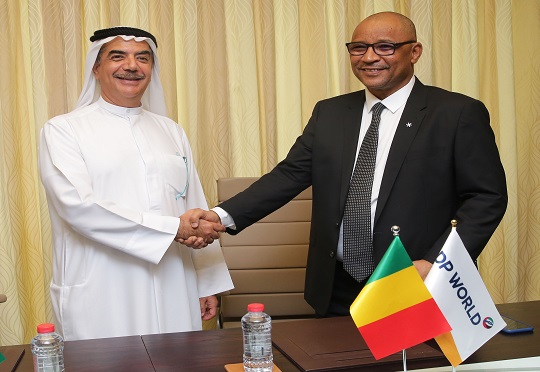It is estimated that Africa’s urban food markets will be valued at US$1 trillion by 2030. Despite this potential, the sector substantially lacks financial investment. The share of commercial bank lending to agriculture remains very low, ranging from 3% in Sierra Leone, 4% in Ghana and Kenya, 6% in Uganda, 8% in Mozambique to 12% in Tanzania.
Limited access to finance is a well-known constraint for this sector and the need is even more acute for Agri-SMEs. In an attempt to solve this problem, FAPA donors approved a grant of US$1 million, to assist in the preparation, launch and full implementation of the technical assistance activities linked to the Facility for Agricultural Finance in Africa (FAFINA).
During the pilot phase, FAFINA will concentrate on West & Southern African regions and will invest opportunistically on a Pan–African scale. Transaction sizes of between US $3 million and US $30 million will be the target market to reflect recurring demand from smaller private sector projects. FAFINA’s investment will range from US$1 million to US$10 million (maximum – 50% of total project cost).
To ensure the sustainability of the Agri-SMEs and maximise the development impact, these investment criteria will be used: High transformational impact for integrating value chains and number of jobs created.
“FAFINA intends to catalyse financing to Agri-SMEs in Africa through the use of innovative instruments. It is in full alignment with our Bank’s feed Africa strategy and FAPA’s focus on Agri-SME financing”, said Olivier Eweck, Director of the Syndication, Co-financing and Technical Solutions Department at the Bank, and Chair of the FAPA Technical Committee.
Since January 2018, FAPA donors have approved 8 projects and a cumulative grant amount of US$7.4 million.


